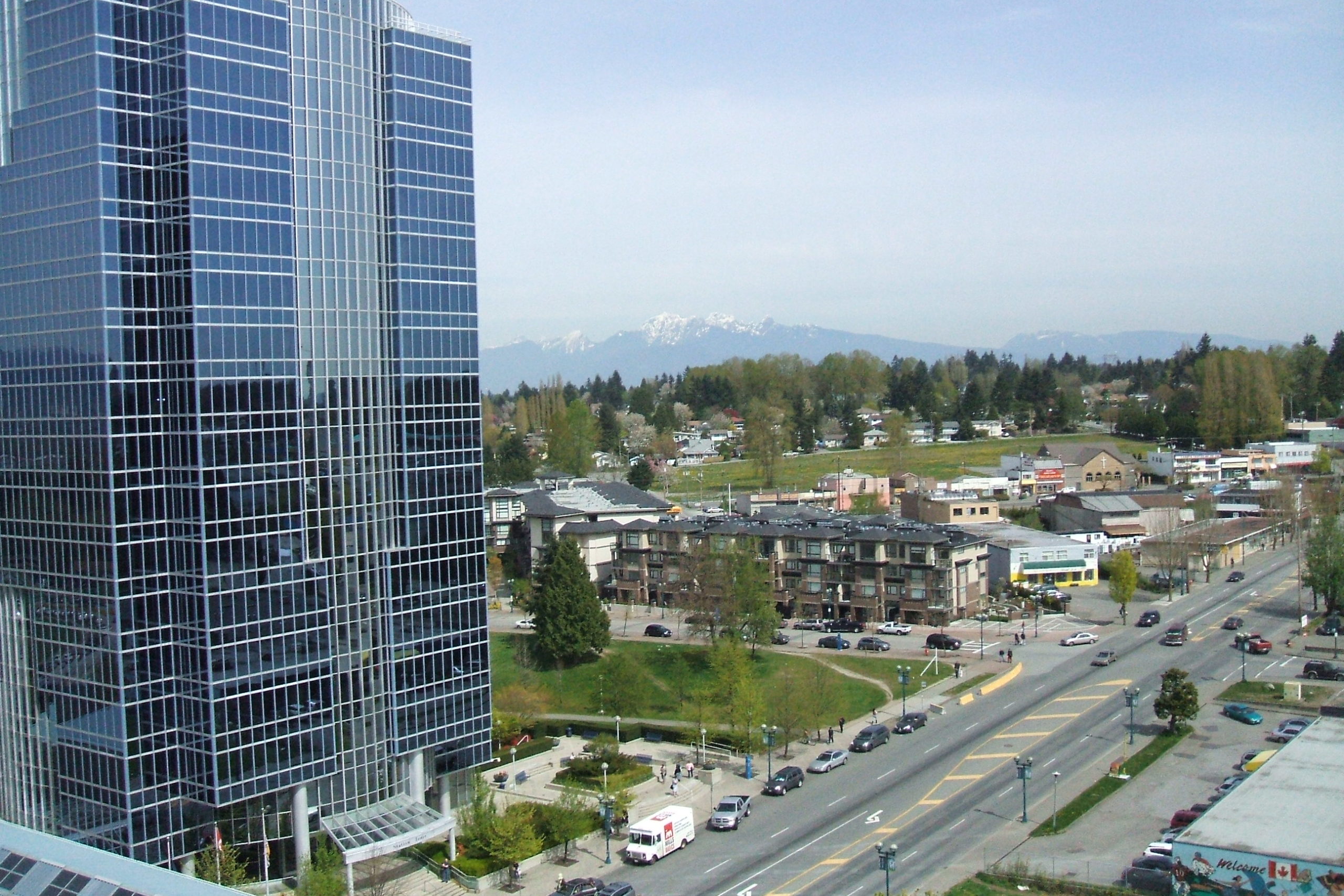Surrey Poised to Become Metro Vancouver’s New Downtown
Could Surrey be the next Metro Vancouver downtown? Many experts believe the shift is already underway, and numbers back it up. A recent Metro Vancouver report reveals that Surrey added more than double the jobs Vancouver did between 2001 and 2021 — a staggering 107,465 jobs, compared to Vancouver’s 50,500.
This isn’t just about stats. It’s about momentum. Surrey has evolved into the region’s second-largest employment hub, and its growth isn’t slowing. With residents and businesses pushing east, the city is becoming a vibrant alternative to Vancouver’s traditional downtown.
Why Surrey’s Growth Is No Surprise
Michael Heeney, CEO of the Surrey City Development Corporation, says Surrey’s expansion reflects regional development trends. As Metro Vancouver can’t physically grow west or north, growth naturally moves east. He stressed that job creation must match population gains to keep people working where they live, which benefits health, infrastructure, and quality of life.
Heeney believes the city’s rapid transformation is hard to grasp unless you’ve watched it unfold. “This is one of the most important stories in the region,” he said, noting that changes are happening at lightning speed.
It’s Not Just About Office Towers
Surrey won’t mirror Vancouver’s downtown model from a century ago. And that’s a good thing. Simon Fraser University’s Andy Yan points out that Surrey’s growth comes from within. Many Surrey residents already work locally — a sign of strong entrepreneurship and local job creation.
Yan also noted that each emerging centre — be it Richmond, Langley, or Surrey — will grow in distinct ways. In Surrey, that density is forming in sectors like trucking, logistics, and warehousing. Meanwhile, Vancouver will likely remain home to cultural and creative industries.
Challenges Ahead, But the Shift Is Clear
Heeney highlighted a major challenge: office space. Many major companies still place their offices in downtown Vancouver, often due to decision-makers being located in Eastern Canada. However, he believes this pattern will shift. As mid-level managers based in Surrey and Langley rise in leadership, they’ll prefer setting up closer to home.
He called it a matter of time. “Five years from now, it will be a very different world,” he said confidently.
Migration and Jobs Are Moving East
The Metro Vancouver report paints a broader picture of regional change. Residents are moving east — from Vancouver to Surrey, and from Surrey to communities like Abbotsford. Between 2016 and 2021, Surrey saw a net annual outflow of 3,700 people to other parts of B.C., but still gained from migration within Metro.
Employment has followed suit. Surrey now holds about 230,000 jobs — an 87% increase since 2001. Vancouver still hosts the largest number of workplace-based employees, but Surrey is closing the gap. Cities like Burnaby and Richmond saw only modest growth in comparison.
Interestingly, the Tsawwassen First Nation saw the fastest employment growth, driven largely by post-pandemic business expansion and home-based work.
As population and infrastructure planning move forward, Metro Vancouver’s future clearly includes more balanced growth — and Surrey is leading the way.
Stay tuned to SurreySpeak for more updates on the future of our region.
Your city’s evolution is just beginning—be part of the story.













Leave a comment